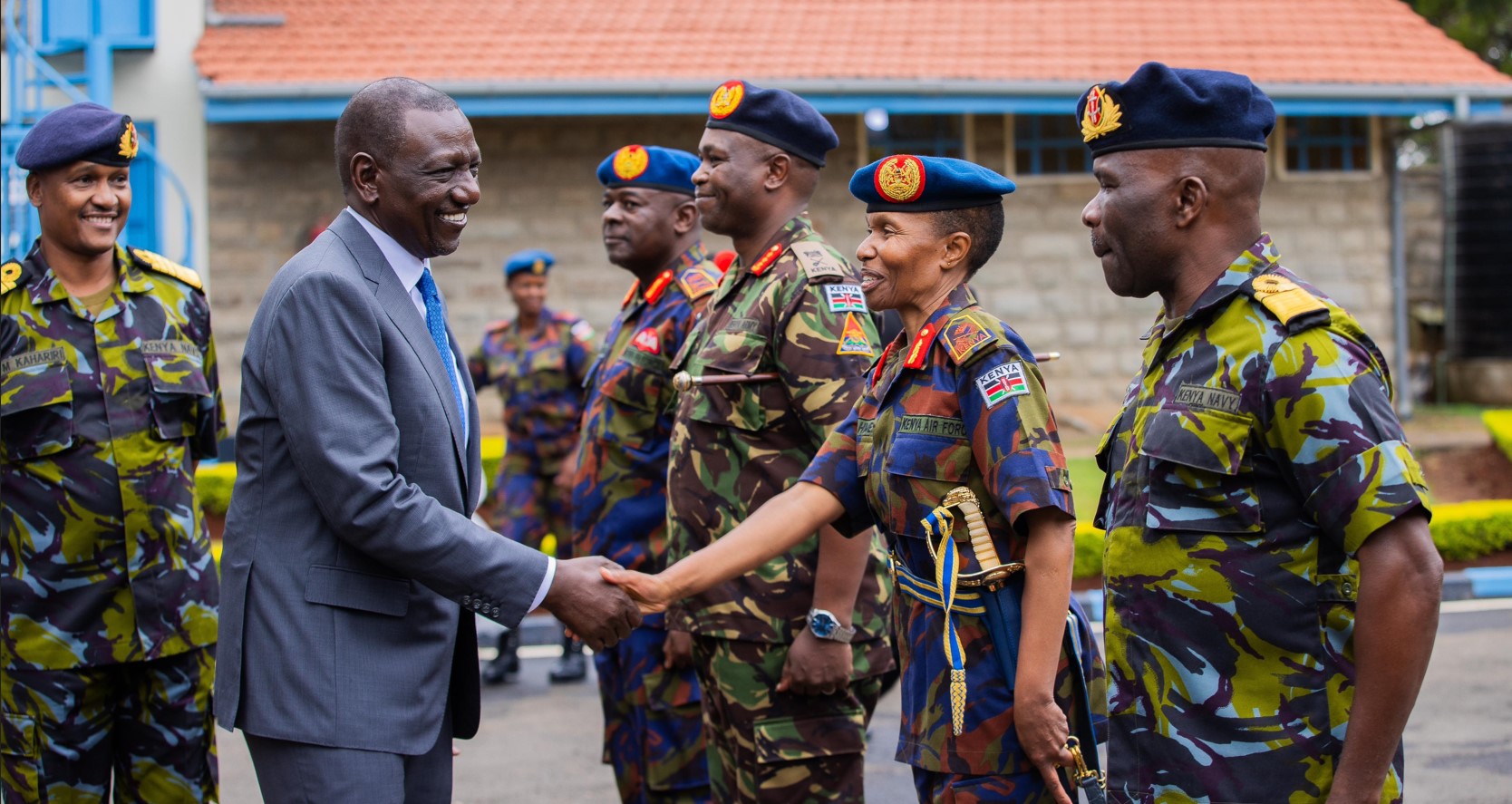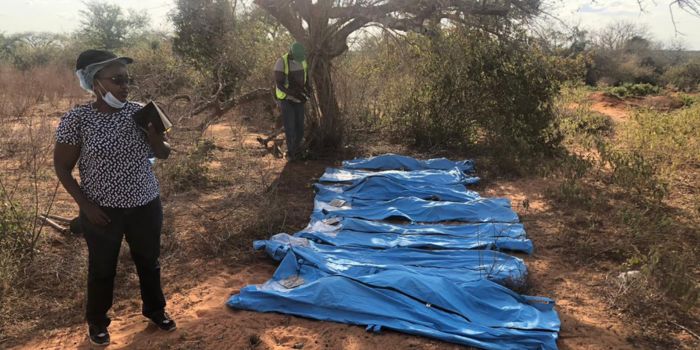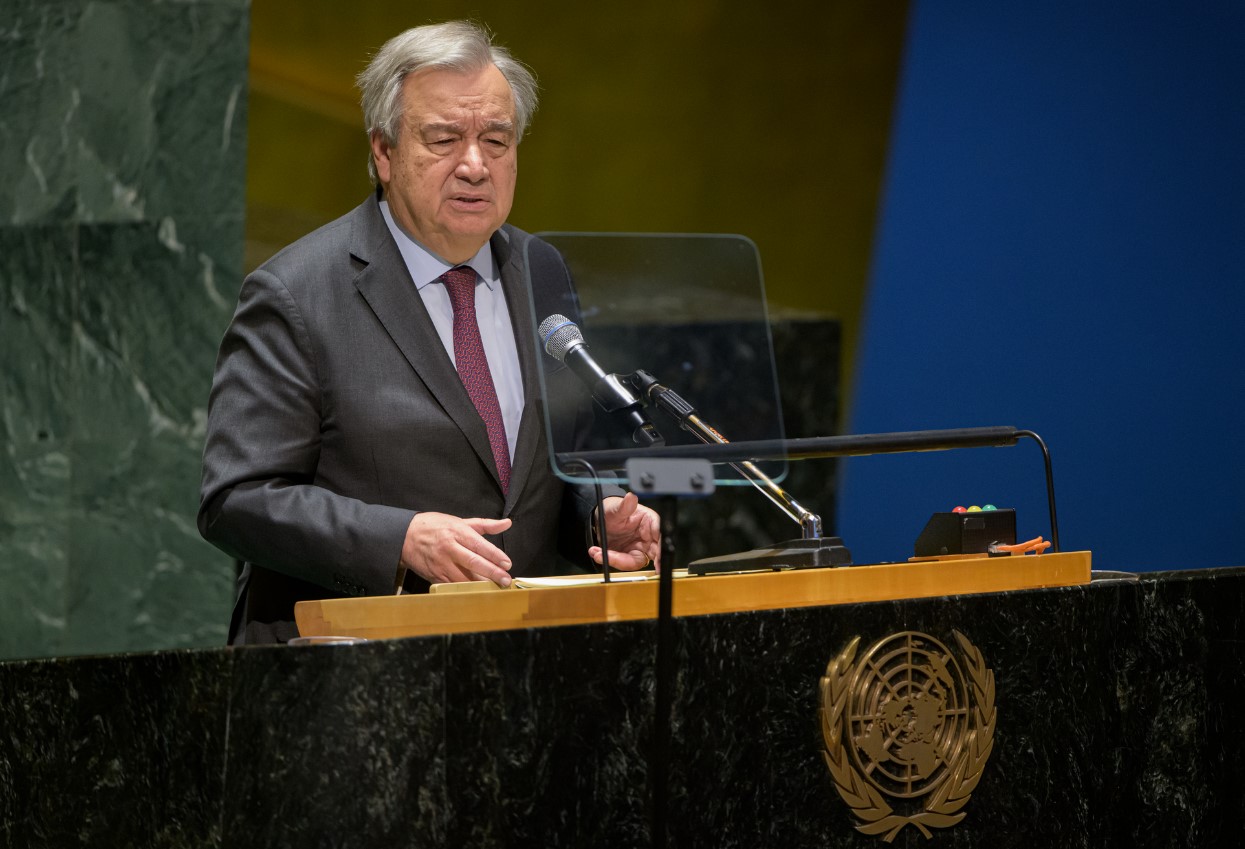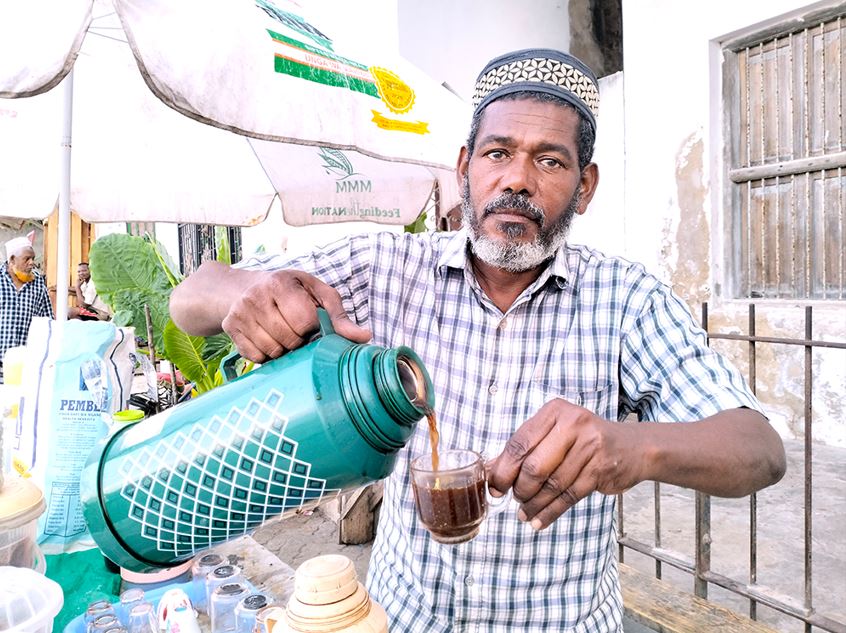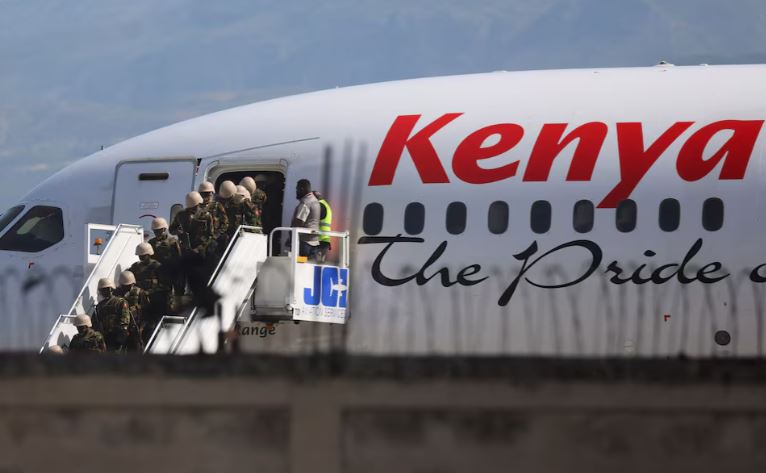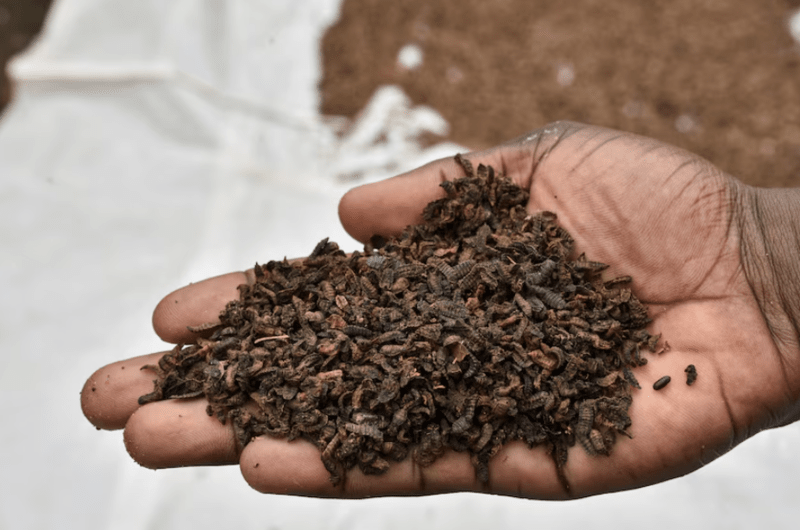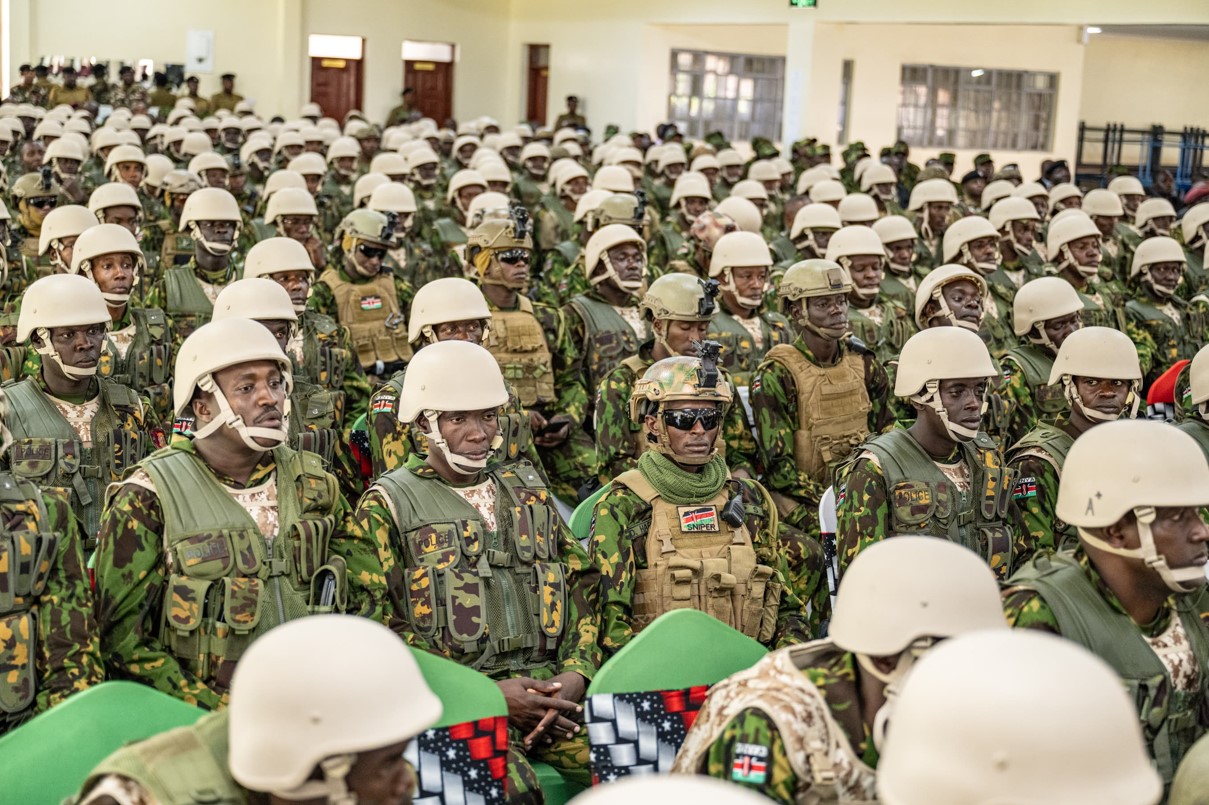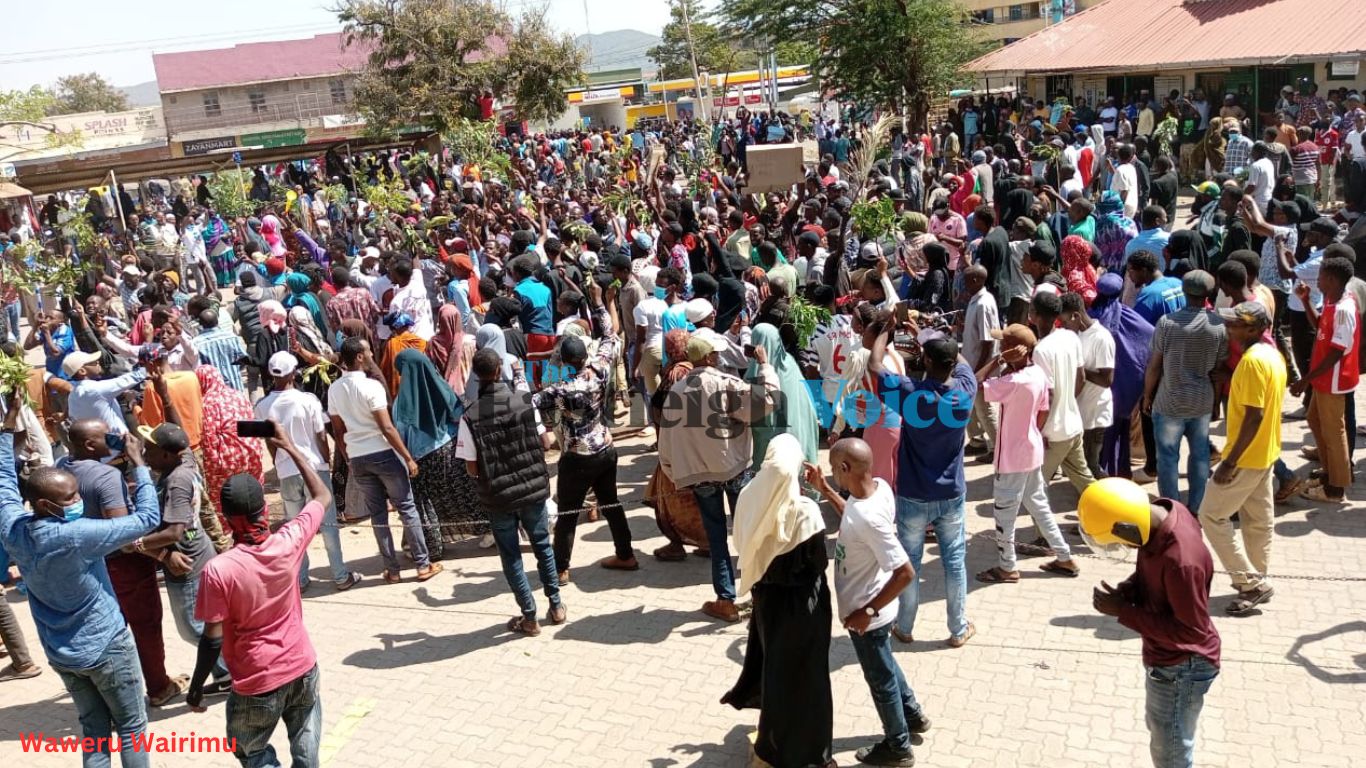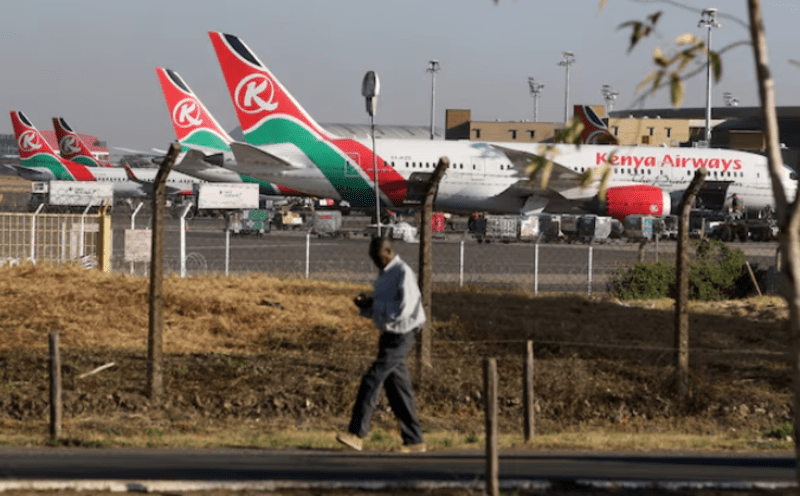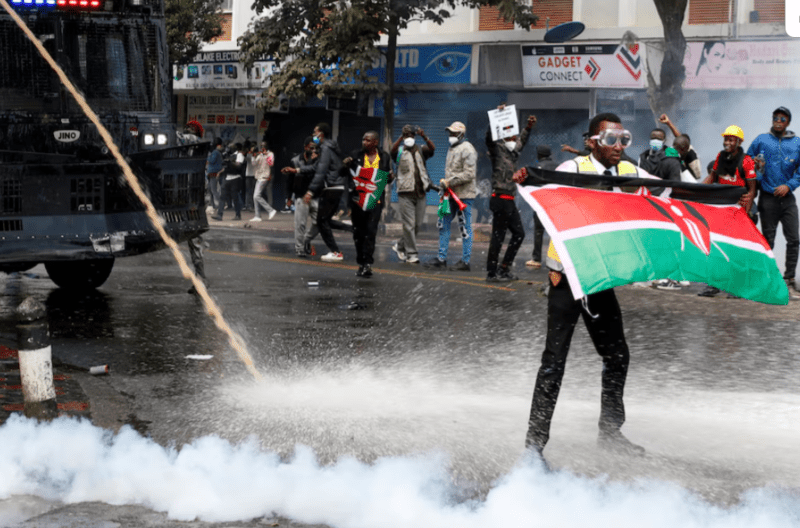2.4 million displaced as South Sudan's decade-long conflict rages on
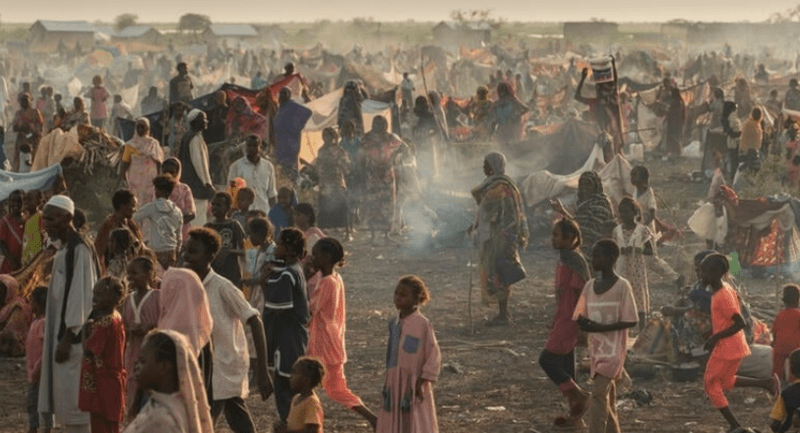
By Charity Kilei |
Since the conflict began, one in three South Sudanese has been displaced, with over 4 million forced from their homes.
South Sudan continues to face Africa's largest refugee crisis, escalated by nearly a decade of conflict.
According to the United Nations, approximately 2.4 million people have sought refuge in various countries, making it Africa's largest and the world's fifth-largest refugee crisis, with children under 18 accounting for 65 per cent of that number.
Keep reading
In March 2024, Mamadou Dian Balde, UNHCR’s Regional Director for the East and Horn of Africa and Great Lakes region, stressed the ongoing need for humanitarian aid and resilience-building initiatives to address these complex challenges.
“Several countries in this region are undoubtedly experiencing complex challenges that often demand significant financial requirements. However, the people of South Sudan deserve our attention and support so they can contribute meaningfully to their societies and gain skills for when they eventually are able to return home,” said Balde.
However, the situation remains dire with the escalating war in Sudan. The majority of people fleeing South Sudan are women and children who have endured violent attacks and sexual assault, with many children making the journey alone.
Many of these refugees suffer severe malnutrition and weakness, and during the rainy season, their plight worsens with flooding, food shortages, and disease outbreaks.
From January to March 2023, the UN Mission in South Sudan (UNMISS) recorded 920 instances of violence targeting civilians, resulting in 405 deaths, 235 injuries, 266 abductions, and 14 cases of conflict-related sexual violence.
Between April and June 2023, UNMISS documented an additional 222 violence-related incidents affecting 871 civilians, including 128 children, resulting in 395 deaths, 281 injuries, 166 abductions, and 29 cases of conflict-related sexual violence.
Since the onset of the Sudan crisis in April 2023 and the suspension of food distribution in parts of Ethiopia, thousands have returned to South Sudan, many highly vulnerable and arriving in severely underdeveloped areas.
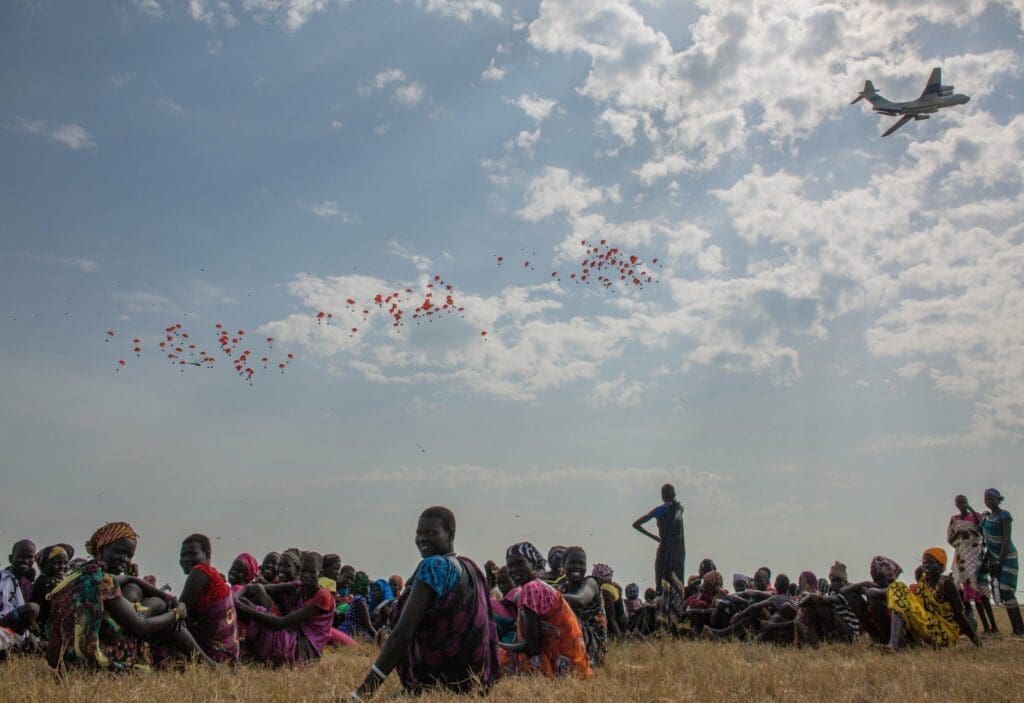 Displaced families in Ganyiel, South Sudan await airdrops of food from the World Food Programme. (Photo: WFP)
Displaced families in Ganyiel, South Sudan await airdrops of food from the World Food Programme. (Photo: WFP)
Deepening humanitarian crisis
Over half a million Sudanese refugees and returnees have registered in South Sudan since the crisis began, exacerbating the country's deepening humanitarian crisis and straining its capacity to assist.
South Sudan gained independence from Sudan in July 2011, but optimism was short-lived as political disputes erupted into violence in December 2013.
The civil war escalated quickly across the young nation, displacing 413,000 civilians within the first month alone. Tens of thousands sought refuge in transformed UN bases.
Despite several peace agreements, instability persists with sporadic outbreaks of violence. Ongoing displacements maintain high overall levels, hindering rebuilding efforts after years of conflict that devastated livelihoods, displaced communities, disrupted agriculture, and depleted essential resources like savings and livestock.
Since the conflict began, one in three South Sudanese has been displaced, with over 4 million forced from their homes.
Approximately 2.3 million people sought refuge in neighbouring countries, while 1.8 million remain internally displaced within South Sudan, contributing to one of the world's largest humanitarian crises.
According to the United Nations, the conflict is compounded by natural disasters. Four consecutive years of devastating floods have affected over 1 million people, increasing food insecurity and displacement.
These flood-affected regions now also receive refugees and returnees from Sudan, straining response efforts, especially during the rainy season.
The combination of severe food shortages, ongoing insecurity, and climate change drives displacement, necessitating sustained international support and investment in resilience-building for both refugees and host communities.
The relentless cycle of war in South Sudan and Sudan has left many at the mercy of enduring prolonged seasons as refugees in various nations, with dwindling hope of ever returning home.


